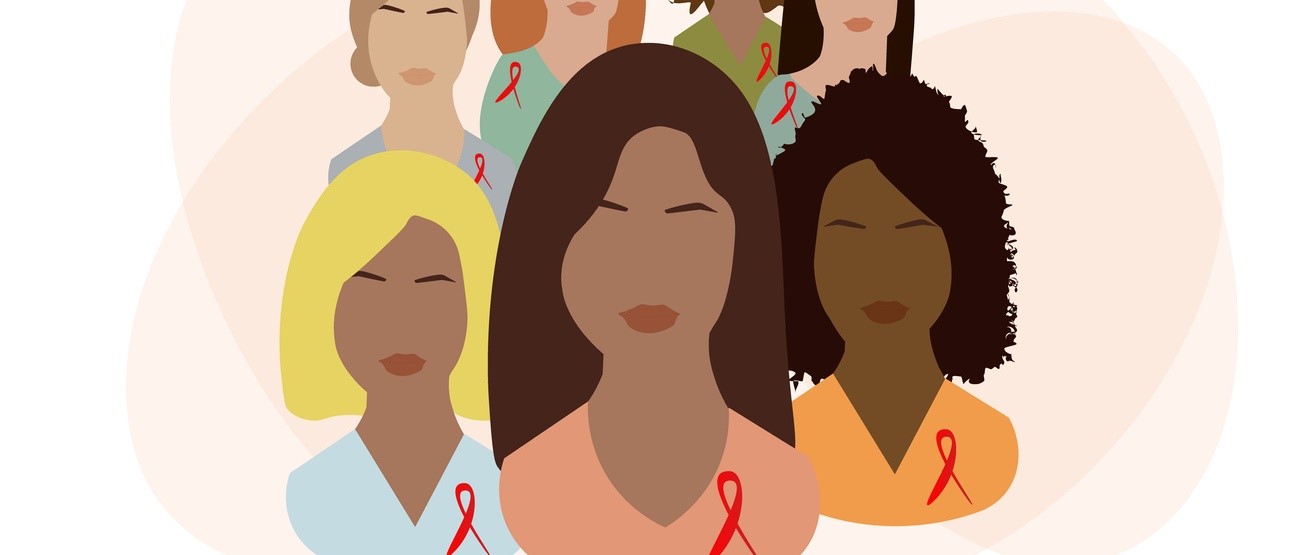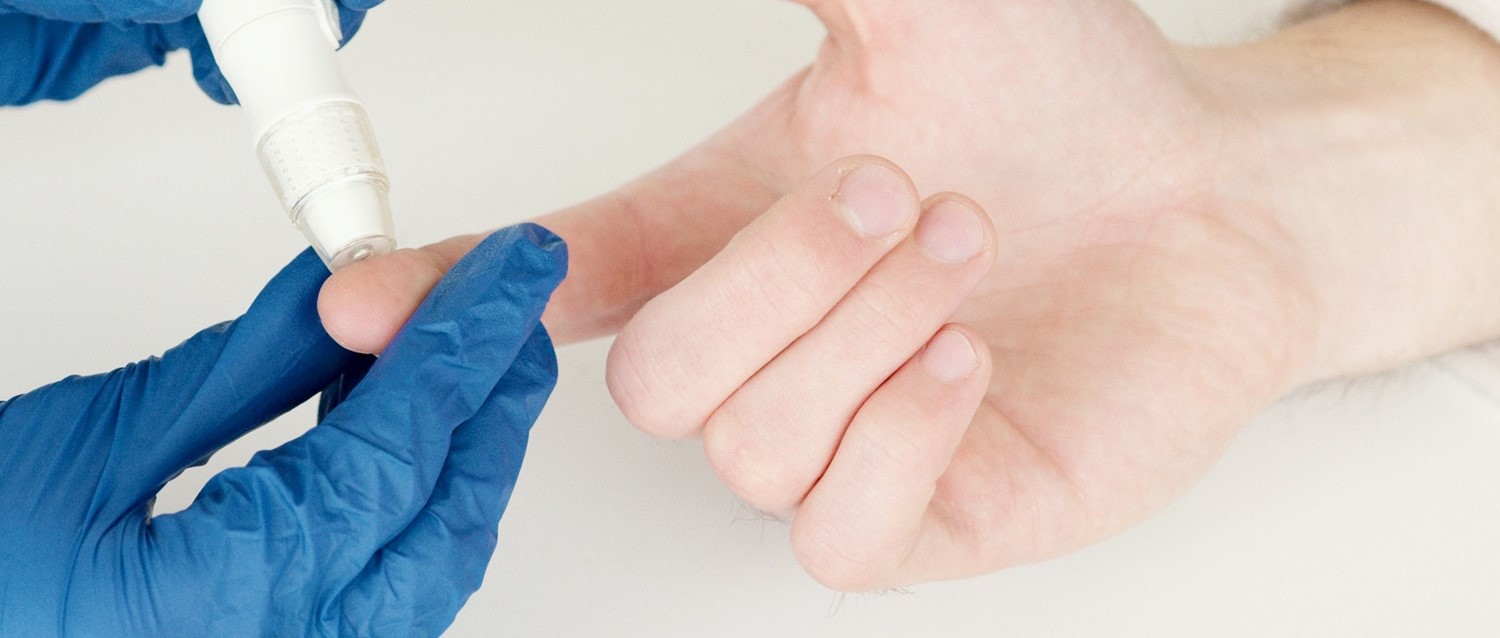
Why is PrEP still not available on the NHS in England?
Peer reviewed by Dr Sarah Jarvis MBE, FRCGPLast updated by Milly EvansLast updated 25 Sept 2019
Meets Patient’s editorial guidelines
- DownloadDownload
- Share
- Language
- Discussion
- Audio Version
Effective treatment combined with effective prevention techniques have reduced the number of new HIV diagnoses. So why isn't the NHS making medication which can prevent HIV (PrEP) available to everyone at risk?
In this article:
Video picks for HIV and AIDS
Tackling the HIV and AIDS epidemic seemed an impossible task at the height of the crisis in the eighties. In 2019, modern treatment for HIV not only offers a normal lifespan but, when taken correctly, reduces levels of the virus in the blood to undetectable and untransmittable levels (U=U) so people living with HIV can't pass it on. And with the advent of PrEP, treatment which hugely reduces the risk of HIV transmission, HIV-negative people in at-risk groups can protect themselves against the virus.
Continue reading below
Treatment as prevention
PrEP stands for pre-exposure prophylaxis. It's a combination of two drugs used to treat HIV - tenofovir TDF and emtricitabine FTC - in one pill. PrEP is up to 99% effective in preventing HIV when taken daily.
Dr Will Nutland is a doctor of public health and founder of Prepster, a grassroots, community-based advocacy organisation that seeks to educate and agitate for PrEP access in England and beyond.
"PrEP is being described as a gamechanger," says Nutland. "That's becoming a bit of a cliché, but it is a gamechanger. It works. It's effective. When PrEP is taken as recommended, PrEP is almost 100% effective at preventing HIV acquisition."
The impact of PrEP
Back to contentsPublic Health England (PHE) recently released their latest statistics on HIV transmission, showing a 6% decline in new diagnoses in 2017-2018. The number of new diagnoses has fallen by 28% since 2015.
"The one thing that's changed in the whole HIV prevention agenda over that time is the provision of PrEP," says Nutland. "From a public health perspective PrEP is good for the health of our nation."
Worries about the financial impact of PrEP on the NHS have been around since it came on to the scene. But targeted HIV prevention should save the NHS money.
"If it's targeted to those people who are most likely to be involved in HIV acquisition then it's not only cost-effective but it's cost saving. It means that we're not having to keep people, who would otherwise have been diagnosed with HIV, on HIV meds for the rest of their lives," explains Nutland.
PrEP is also having a positive impact on the lives of those taking it. It means that many are starting to be able to have good, pleasurable sex without the fear of HIV.
"I certainly talk to men in their forties and fifties who have always had HIV hanging over them who are saying that using PrEP is very liberating. They're starting to be able to have sex without fear, sex without being constantly stressed about whether the mistake they made about using condoms last night is going to mean that they're going to get an HIV positive diagnosis in a couple of months' time."
Continue reading below
Finding funding
Back to contentsPrEP is currently only available for free on the NHS in Scotland. It is available through trials and pilots in Wales and Northern Ireland and the IMPACT clinical trial in England. NHS England announced in January that they would pay for the drug costs to increase the size of the trial to 26,000 places over three years.
By positioning it as a trial, under international trade law NHS England can buy the generic version of PrEP rather than Truvada, the patented version which they would have to use if the drug were commissioned. This has made funding the drug costs for the trial very cheap. IMPACT allows the NHS to understand how many people might want to access PrEP through the NHS and what kind of people should take priority. However there are other costs involved in providing PrEP which the NHS doesn't have to pick up.
"Anyone on the IMPACT trial right now has to get their PrEP through a sexual health clinic. I'm on the IMPACT trial; I go to my clinic every three months. At those clinic visits, I get an HIV test; I get an STI screen. If I test positive for any STIs then I get treatment paid for by my clinic. Who incurs the costs of all those clinic visits? It's my local authority through its public health budget," explains Nutland.
"As campaigners, that puts us in a difficult position because we absolutely agree that local authority public health budgets have been stretched. The trial has split the financial burden of providing PrEP across the NHS and local authorities. It's kind of become a political football, with local authorities saying, 'Unless you provide us with more funding, we can't afford to provide the added service'."
The IMPACT trial is coming into its final year. Yet the future of PrEP isn't yet secure, leaving thousands unsure of whether they will be able to obtain their free PrEP in a year's time. Currently there are a few options for funding which the NHS might go down.
NHS England may decide to fund the drug costs for PrEP whilst sexual health services still have to fund treatment, with or without extra public health funding. However, if extra public health funding isn't provided, local authorities might make cuts to other sexual health services to provide a PrEP service. NHS England could also create ringfenced funding for PrEP or use Section 7A which makes some public health services the responsibility of the NHS. It is this complex commissioning structure which makes the path to NHS-funded PrEP far more difficult.
If PrEP isn't fully funded and people lose access to their medication, NHS England and the Department of Health and Social Care risk legal action being brought against them by supporters of PrEP, suggests Nutland. The NHS has previously lost legal challenges to fund PrEP.
In the meantime ...
Back to contentsWhilst waiting for PrEP to become fully funded by the NHS, it is still possible to access free or cheap PrEP if you are in an at-risk group, says Nutland.
"My advice would be, anyone who wants to access PrEP who feels eligible under the IMPACT trial should go to their sexual health clinic and ask if there are still places available. If they have a waiting list, get your name on the waiting list. If a local clinic is full, there's nothing stopping an individual from going to any clinic in the whole of England."
Following the recent boost in places on the IMPACT trial, most sexual health clinics currently have spaces available.
Those who aren't eligible for the trial are also able to buy PrEP privately and can still get their necessary HIV, STI and kidney function tests free on the NHS.
There are serious risks involved in buying medicines from unregulated pharmacies as you can't always be sure that what you are being sold is the genuine drug. You should only buy from approved sellers. Prepster and I Want PrEP Now offer advice for buying online and list approved sites which have been tested by Prepster to make sure that they are selling real PrEP. In-person 'PrEP shops' like the one at 56 Dean Street also provide real and fairly cheap PrEP.
Those who can't access the IMPACT trial but can't afford to buy PrEP may be able to get support through the Terrence Higgins Trust's Mags Portman PrEP Access Fund.
PrEP on the NHS is something Nutland expects to see in the near future. "It needs to be fully commissioned. The evidence base is clear: we have the best technology to prevent HIV that we've ever seen."
Patient picks for HIV and AIDS

Sexual health
HIV in women: what you should know
Since the first HIV/AIDS ad campaigns in the 1980s, the narrative of HIV has often left women out of the story. Yet worldwide, around 4,900 young women aged 15-24 years become infected with HIV every week. What practises are spreading HIV in women? And what can be done to tackle this epidemic?
by Amberley Davis

Sexual health
How do you know if you have HIV?
While there are symptoms and early warning signs of an HIV infection, the only way to know for sure whether you have the virus is by getting tested. This needn't be a scary process, and it's vital you seek treatment as soon as possible to avoid further complications or infecting others.
by Emily Jane Bashforth
Continue reading below
Article history
The information on this page is peer reviewed by qualified clinicians.
25 Sept 2019 | Latest version

Ask, share, connect.
Browse discussions, ask questions, and share experiences across hundreds of health topics.

Feeling unwell?
Assess your symptoms online for free
Sign up to the Patient newsletter
Your weekly dose of clear, trustworthy health advice - written to help you feel informed, confident and in control.
By subscribing you accept our Privacy Policy. You can unsubscribe at any time. We never sell your data.